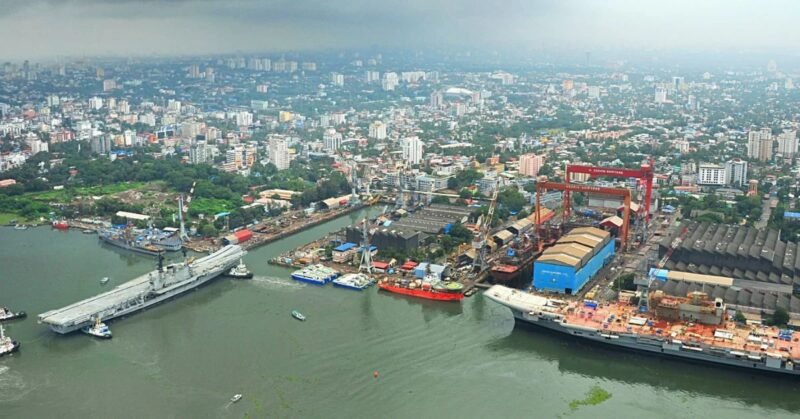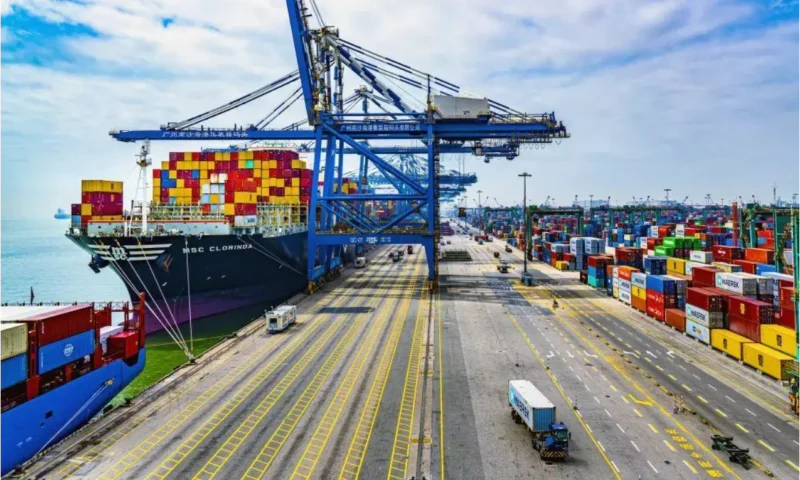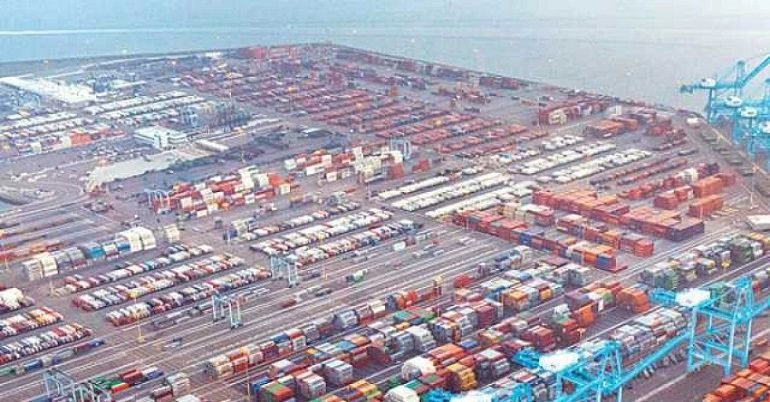India is looking to revamp its ship and ship ownership regulations to boost the emerging shipbuilding industry and enhance its global presence in the sector. The plan involves revising the Merchant Shipping Act by scrapping outdated laws and introducing new provisions to offer more flexibility in ship registration criteria. This includes permitting ownership by non-resident Indians, overseas citizens of India, and various corporate structures, as well as enabling the registration of foreign vessels chartered by Indian operators under specific agreements.
With the current regulations, India holds less than one percent share in the global shipbuilding and ship ownership market, with a fleet of 1,526 ships totaling 13 million gross tons, a third of which are engaged in international trade. The proposed amendments aim to ease the compliance burden, increase the quantity and quality of Indian-flagged vessels, and streamline the process for ship registration under the Indian flag. These changes are expected to create a more favorable environment for business and attract more investments into the industry.
Furthermore, the draft bill also focuses on enhancing seafarers’ rights, including stricter regulations for the repatriation of abandoned sailors and provisions for emergency response at sea during accidents. It defines measures against unsafe vessels posing risks to life and the environment, such as denying entry, detention, or removal of non-compliant ships. Additionally, the bill mandates compulsory insurance and financial protection for potential accidents like oil spills, with provisions for establishing a fund to compensate for damages beyond coverage limits. Plans are also underway to introduce a separate Coastal Shipping Bill to address specific aspects related to Indian vessels engaged in coastal trade.


















